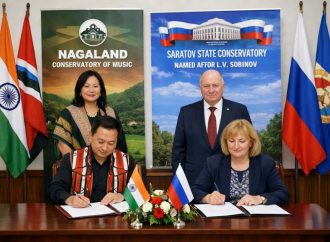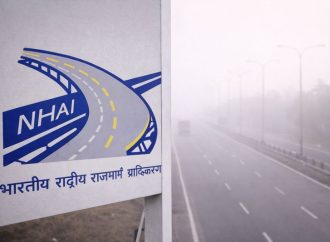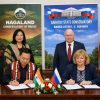India is all set to take a historic leap in space exploration, and this time, the journey will include the daughters of India. Top officials have confirmed that women astronauts will soon be part of India’s Gaganyaan mission, marking a bold and inclusive step for the country’s future in space. Axiom-4’s Success: The Beginning of
India is all set to take a historic leap in space exploration, and this time, the journey will include the daughters of India. Top officials have confirmed that women astronauts will soon be part of India’s Gaganyaan mission, marking a bold and inclusive step for the country’s future in space.
Axiom-4’s Success: The Beginning of a Bigger Dream
The recent return of Group Captain Shubhanshu Shukla from the Axiom-4 mission (also known as Mission Akash Ganga) has sparked widespread excitement. However, this is just the first step in a much broader plan to include women, civilians, and people from all walks of life in future space missions.
Why No Women in the First Batch of Astronauts?
The absence of women in the initial astronaut cohort raised many questions. Air Vice Marshal Anupam Agarwal, Assistant Chief of Air Staff (Medical) and a key figure in India’s space medicine program, explained the reasons clearly.
“In 2019, only male test pilots were available in the Indian Air Force. Since the first mission required highly trained test pilots to manage extreme conditions and untested systems, our selection was limited,” he said.
A test pilot is someone who flies aircraft that have never been tested before—at high speeds, under pressure, and in unknown situations. At the time, no female test pilots had qualified in India.
Even today, while women fighter pilots serve proudly in the Indian Air Force, none have yet reached the required seniority or test pilot certification, which is extremely strict and demanding.
Global Examples and India’s Vision
Although NASA has sent Indian-origin women like Kalpana Chawla and Sunita Williams to space, both were U.S. citizens. India’s space journey, however, is now aligning to include its own women astronauts, born and trained in India.
Government and ISRO: Committed to Inclusion
The Indian Government and ISRO have made their intentions clear: the next steps in space will be inclusive and representative of India’s diverse population.
“ISRO is fully committed to bringing women on board,” said Air Vice Marshal Agarwal. “And the Government of India supports this vision. If we look ahead, we will surely see India’s daughter in space soon.”
PM Modi’s 2018 Independence Day Vision
From the Red Fort in 2018, Prime Minister Narendra Modi had declared:
“We have a dream… Our scientists have a dream… Some of our young boys and girls will unfurl the Tricolour in space.”
This dream is now becoming a concrete reality.
The Future: More Than Just Scientists and Engineers
India’s future astronauts may not only be from military or technical backgrounds. The space program is opening up to civilians, with potential candidates from education, arts, medicine, and beyond.
This broader inclusion signals a new era in India’s space journey — one that reflects the spirit, talent, and diversity of the nation.
“India’s daughter will go to space. This is the direction of the Government, and she will rise,” concluded Air Vice Marshal Agarwal.
🔭 Key Highlights:
-
Women astronauts to be part of India’s future space missions
-
Axiom-4 mission success opens doors for wider inclusion
-
ISRO and Indian Government committed to gender diversity
-
No female test pilots in 2019, hence initial cohort was all-male
-
Future space missions may include civilians and non-technical professionals
-
Aiming to represent the full spectrum of Indian society in space


















Leave a Comment
Your email address will not be published. Required fields are marked with *